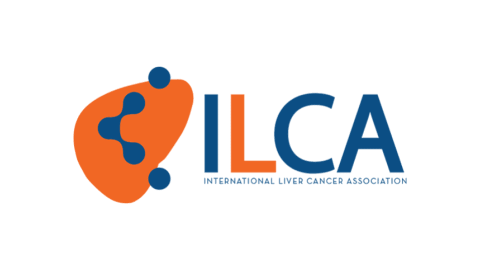Quick Summary

Biomarkers are biological molecules found in blood, other body fluids or tissues that can indicate a normal or abnormal process, condition, or disease. They play an important role in the clinical management of cancer patients by facilitating risk stratification, early detection, diagnosis, and prediction of prognosis or treatment response. In hepatocellular carcinoma (HCC), there is a need for better biomarkers to stratify patients at different stages of clinical management. Guidelines such as the Tumor Marker Utility Grading System (TMGUS) and the Reporting recommendations for tumor marker prognostic studies (REMARK) provide useful frameworks for biomarker development and validation in cancer. However, modifications may be required for specific clinical scenarios, such as risk stratification and treatment response assessment in HCC. To address these issues, the International Liver Cancer Association has assembled a group of experts on biomarker development to provide a framework on best practices for biomarker studies in HCC.
Authors: Amit G. Singal, Yujin Hoshida, David J. Pinato, Jorge Marrero, Jean-Charles Nault, Valerie Paradis, Nabihah Tayob, Morris Sherman, Young Suk Lim, Ziding Feng, Anna S. Lok, Jo Ann Rinaudo, Sudhir Srivastava, Josep Llovet, Augusto Villanueva
